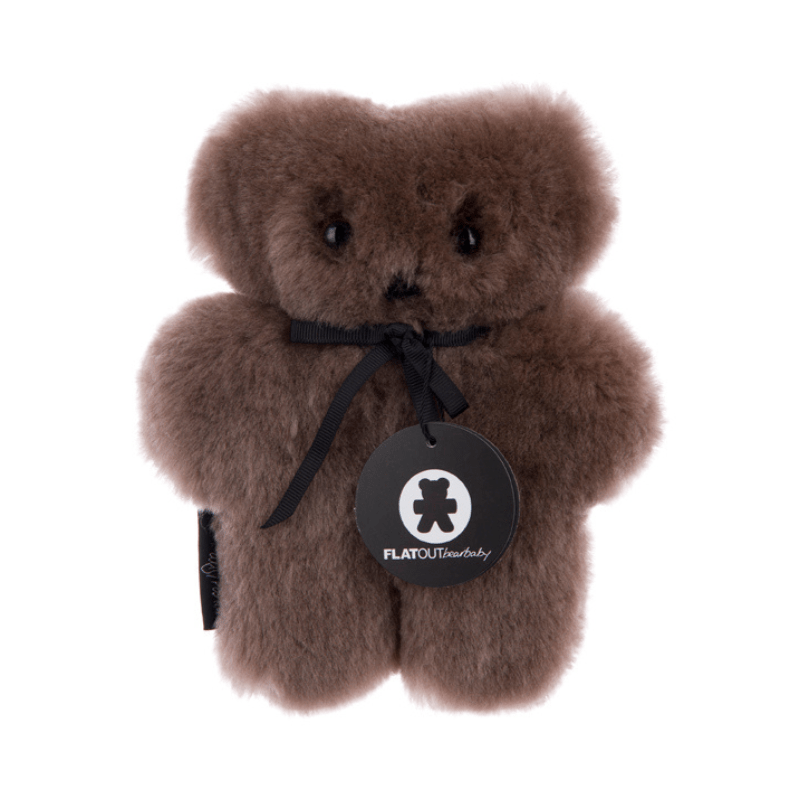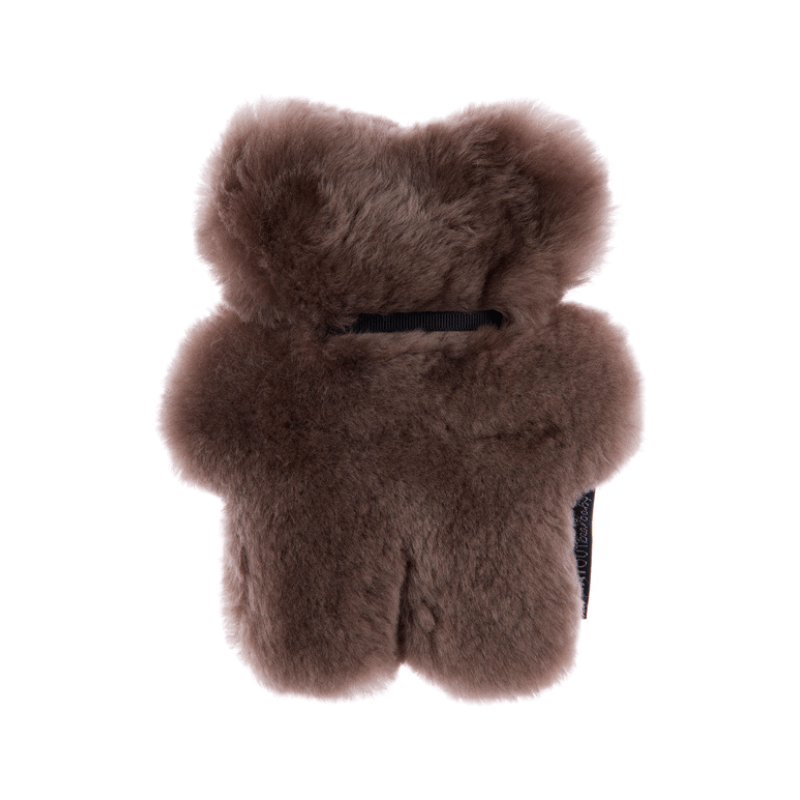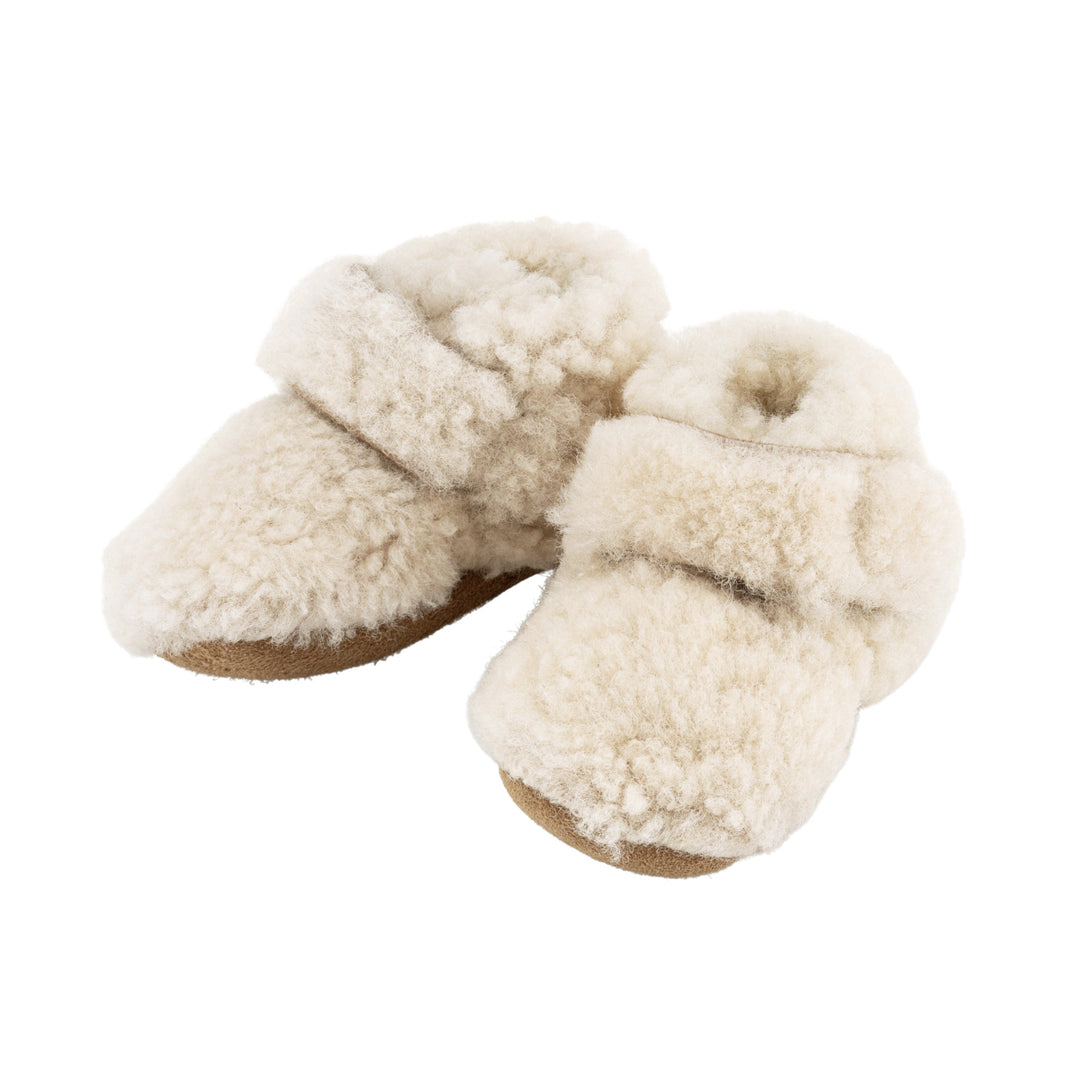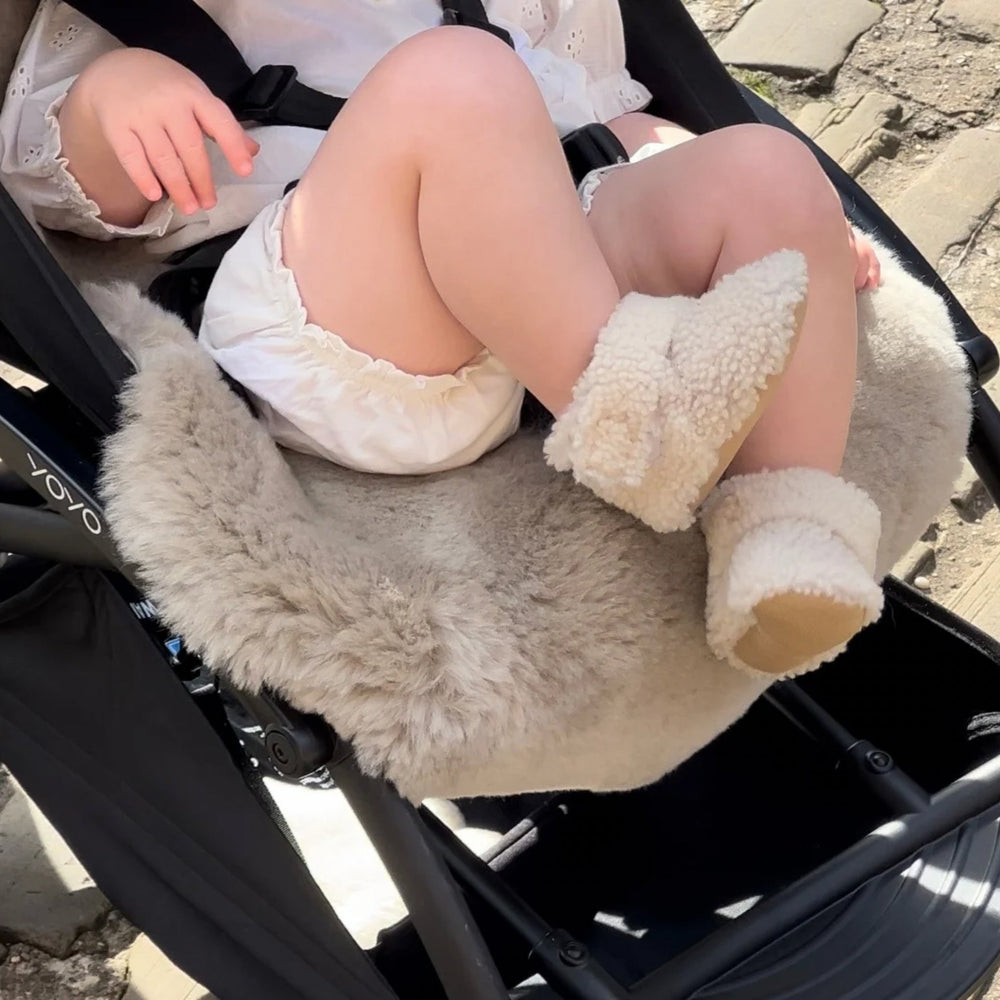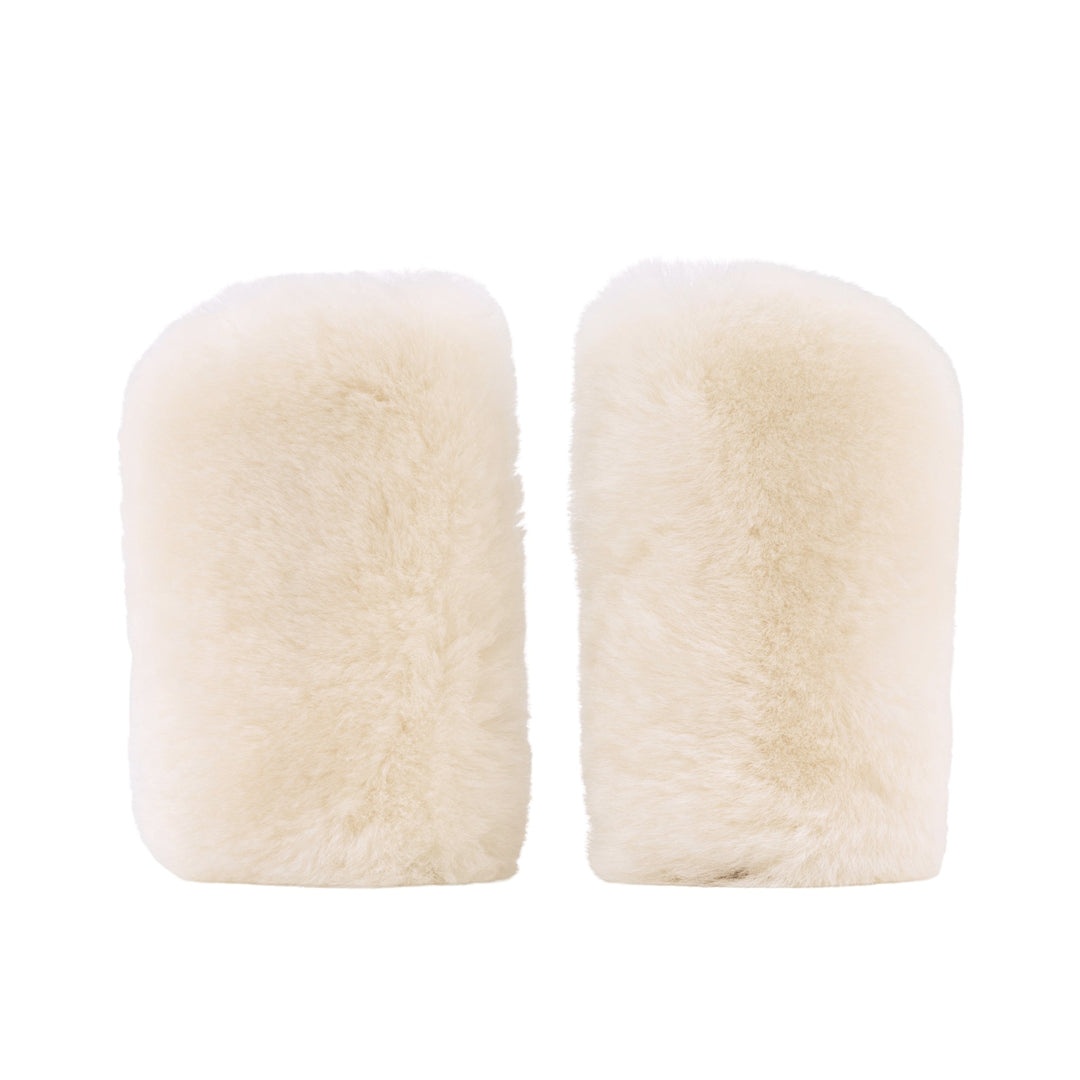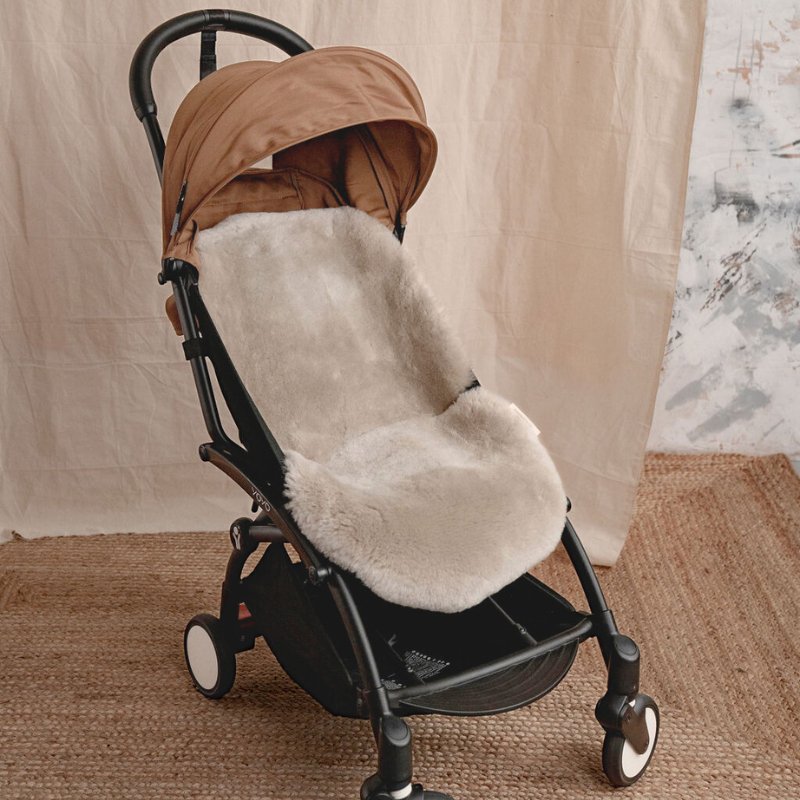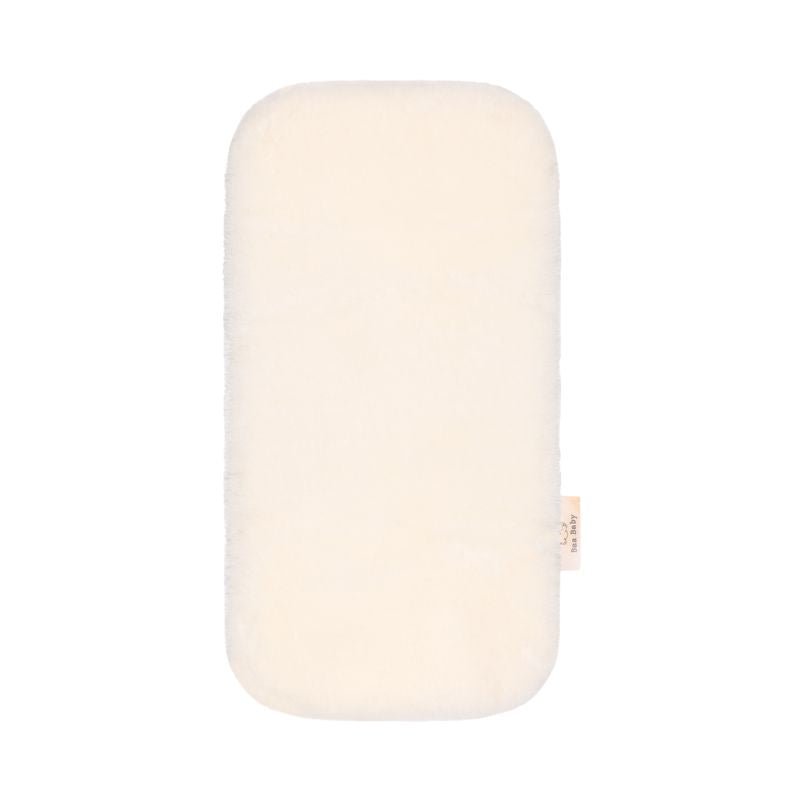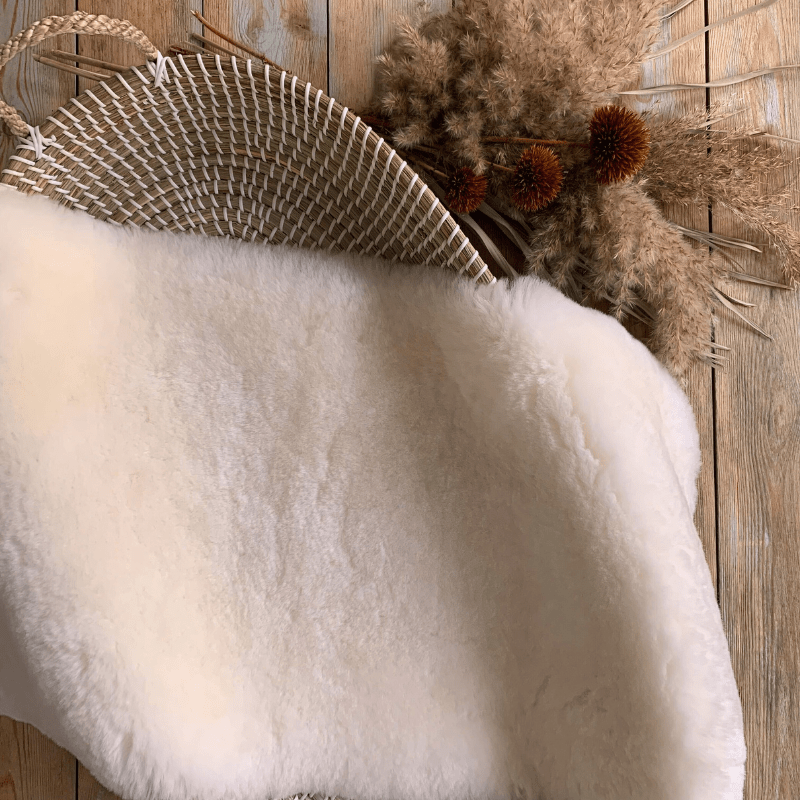Sheepskin is a re-used waste product
Sheep are not farmed for their fleeces but for their meat. The majority of lambskins are destroyed and less than 1% are tanned and used. In the UK last year we destroyed over 15 million lambskins – a shocking waste of natural resources. When you purchase a natural sheepskin product you are already recycling and making good use of something that would otherwise go to waste.
Minimal land and water use
Our sheepskin are sourced from free roaming flocks and are not using up any additional resources than are needed to supply the meat industry. The land they are farmed on is usually unsuitable for crops and uses natural rainfall as far as possible. The grass and plants that the sheep graze on takes carbon out of the atmosphere and converts it into energy – literally to grow the sheepskin!
Biodegradable and chrome free
Sheepskin is naturally biodegradable – if left in the ground there will be very little remaining after a year, whilst faux fur and rugs are still completely intact. As an organic product fleeces do require a tanning treatment to ensure the fibres are maintained and the fleece can be used for many years, otherwise it would just naturally disintegrate. The tanning process for all our babysafe sheepskins does not use harsh chemicals and is completely chrome free.
Which colour is the most sustainable?
Yes the colour does matter when it comes to sustainability. Honey is the natural colour of lambskin after the tanning process – if you purchase a honey lambskin this is the most environmentally friendly choice you can make. All of the other colours, including white, have had an additional dying treatment to produce a different colour. With the environment and baby safety at the forefront of our minds we ensure that any dyes used are natural vegetable dyes, and the process uses as little water and energy as possible.
Sheepskin is not only a luxurious and beautiful natural product, but good for the Earth as well as for baby.



